ESA embarks on world-first mission to detect ripples in the fabric of space-time
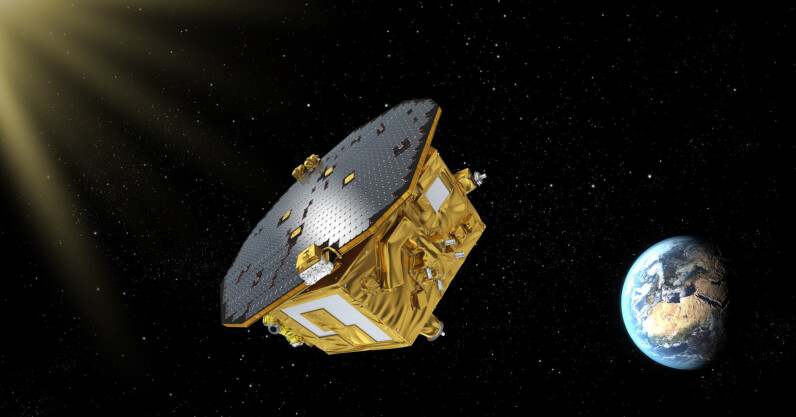
The European Space Agency (ESA) has approved the Laser Interferometer Space Antenna (LISA) mission, the first scientific endeavour to detect and study cosmic ripples from space. The launch of LISA is planned for 2035, on an Ariane 6 rocket. The project is expected to be the most expensive and complex the agency has ever undertaken. Cosmic ripples, also known as gravitational waves, are created during some of the most dramatic events in the Universe, such as when black holes collide. By measuring them, LISA will probe the entire history of the Universe, going back long before stars and galaxies formed.…
This story continues at The Next Web
Apple begrudgingly allows EU customers to use rival app stores on iPhone
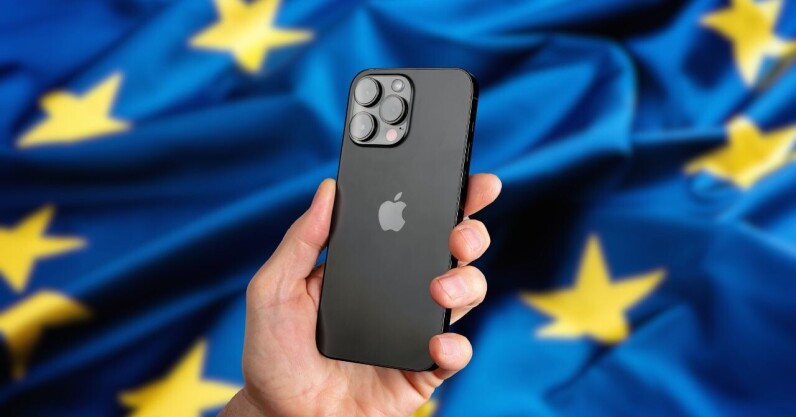
Apple will allow EU-based users of its devices to download apps without going through its app store, as the tech giant reluctantly moves to comply with the bloc’s incoming Digital Markets Act (DMA). Apple will also give iPhone and iPad users a range of browsers to choose from as their default and allow the use of alternative payment systems to Apple Pay. The sweeping changes will come into effect for all new Apple devices purchased in the EU from March of this year. In theory, this could see major competitors like Google’s Play Store becoming available on Apple devices. Pro-competition…
This story continues at The Next Web
Or just read more coverage about: Apple
Posted by Brij Bhushan
TNW Podcast: Ton van ‘t Noordende on European quantum tech; Europeans go to space
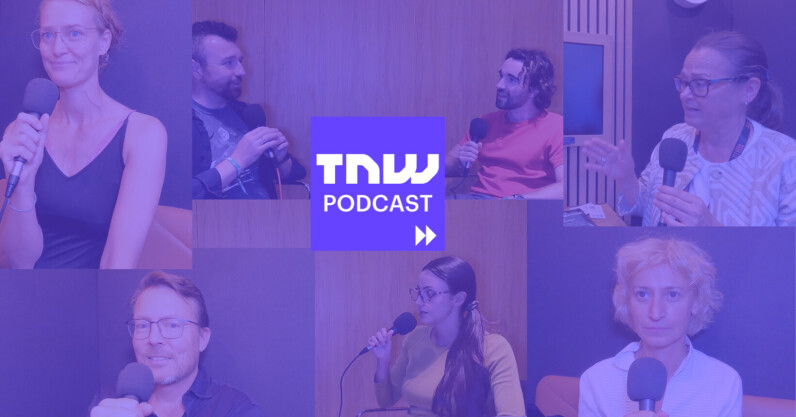
Welcome to the new episode of the TNW Podcast — the show where we discuss the latest developments in the European technology ecosystem and feature interviews with some of the most interesting people in the industry. In today’s episode, Andrii and Linnea talk about Europeans in space, laser weapons of the future, embodied cognition, functional programming languages, and more! In the interview section, we’re featuring a conversation with Ton van ‘t Noordende, Managing Director at QDNL Participations and Architect at InfinityQD. We’ll talk about the quantum computing ecosystem in the Netherlands and globally, its challenges and prospects, and everything in…
This story continues at The Next Web
Posted by Brij Bhushan
The UK is exploring vertiport designs for air taxis

Britain’s aviation regulator is investigating “vertiport” designs as part of plans to bring flying taxis to the UK. The new consultation will lay the foundations for vertical takeoff and landing (VTOL) aircraft, the Civil Aviation Authority (CAA) said on Wednesday. To fly them between land and sky, the CAA wants to install vertical airports — aka vertiports — at existing aerodromes. By adapting existing infrastructure, the CAA plans to abridge the path to lift-off. The regulator notes that there are already hundreds of airfields spread across the UK. Equipping them with vertiports could create a domestic transport network for VTOLs. It’s an…
This story continues at The Next Web
Spotify plots in-app purchases from March for iPhone users in EU

If you’re an iPhone user in the EU, you could soon get to buy audiobooks and subscriptions from within the Spotify app. The reason? A new EU antitrust regulation that targets big tech. Known as the Digital Markets Act (DMA), the law designates companies as “gatekeepers” if they have a monopoly in the digital economy. In September, the EU revealed the first six members of the club: Alphabet, Amazon, ByteDance, Meta, Microsoft, and — you guessed it — Apple. The gatekeepers were given six months to comply with the DMA. In Apple’s case, one of the requirements is ending the…
This story continues at The Next Web
Or just read more coverage about: Spotify
Posted by Brij Bhushan
A glimpse into the future of tech from the winners of the Amsterdam Science & Innovation Award
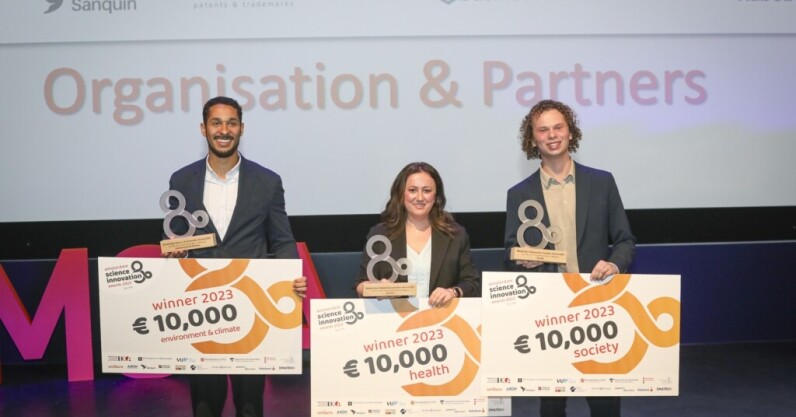
Towards the end of last year, the winners of the 16th edition of the Amsterdam Science & Innovation Awards (AmSIA) were announced at the NEMO Science Museum. This competition — hosted by the Innovation Exchange Amsterdam (IXA) — highlights three innovative ideas from the Netherlands each year. These are split into three categories: health, society, and environment & climate. Beyond simply spotlighting the fascinating minds behind these inventions, the event also helps make them a reality. For winners, this not only means a €10,000 cash prize for funding, but also access to a community of experts who can help their…
This story continues at The Next Web
Posted by Brij Bhushan
A new in-orbit refuelling service for spacecraft is under development
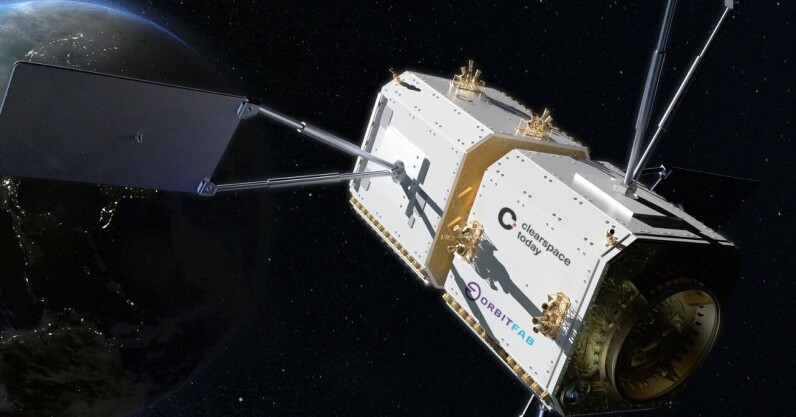
Swiss startup ClearSpace has unveiled its latest project to make space exploration sustainable: an orbital refuelling service. The company is collaborating with the US-based Orbit Fab on the mission. Under the plans, the duo will combine a ClearSpace shuttle with an Orbit Fab fuel depot. The result would be a spacecraft that delivers fresh fuel to satellites. As a result, clients could extend the operations of active satellites and refuel unused ones that otherwise become space junk. Naturally, both teammates on the project also stand to benefit. ClearSpace, which is best known for space debris removal, gets a diversified service…
This story continues at The Next Web
New quantum algorithm could simulate industry-changing materials
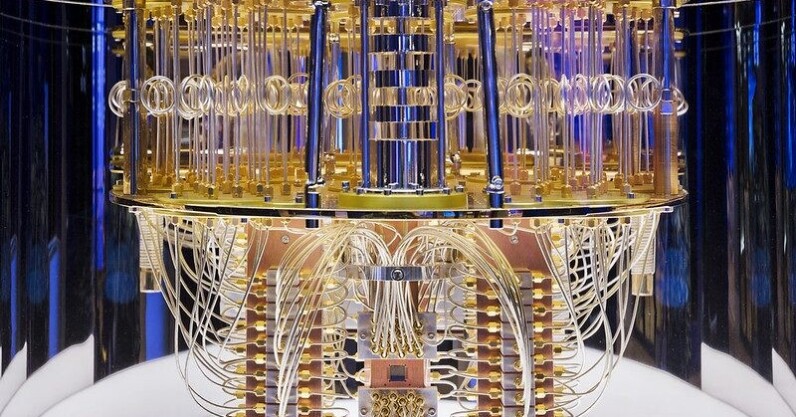
UK startup Phasecraft has developed an algorithm that brings the promise of quantum computers’ potential to reveal new materials and their properties much closer to realisation. Due to their ability to simulate multiple complex quantum systems, quantum computers hold incredible potential in the field of material science. In turn, this could lead to technological leaps in fields such as energy, manufacturing, and medicine. There is still a long way to go for quantum computers to scale and become stable enough to satisfactorily perform these functions on their own. However, quantum computers and classical computers can work together, using algorithms that…
This story continues at The Next Web
Posted by Brij Bhushan
YouTube ads are about to get way more effective with AI-powered neuromarketing
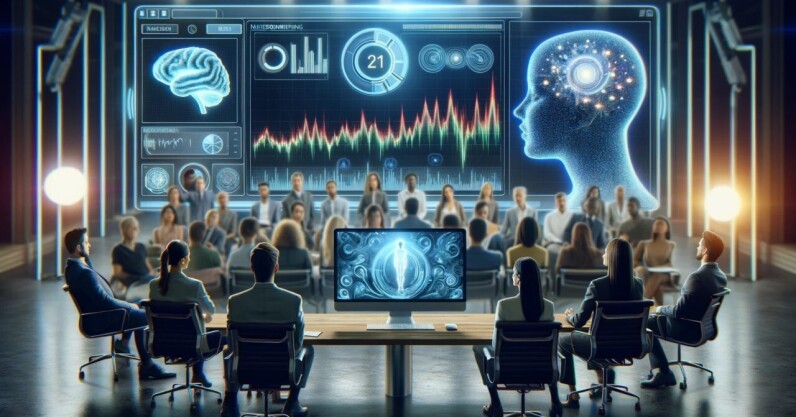
Junbi.ai joined the TNW for Startups programme and exhibited at a previous TNW Conference. This story was part of the programme offering; it’s written under full editorial control of TNW. Check out this year’s packages here! A few years ago, the AI-focused team at Junbi.ai conducted an insightful neuroscientific study. They invited 10 advertising creatives to bring in their favourite work. They then put the creatives in a magnetic resonance imaging (MRI) scanner to monitor brain activity and asked them to grade each other’s work. As it turned out, the grades given were both similar and consistent. Save for one crucial exception —…
This story continues at The Next Web
Or just read more coverage about: YouTube
Posted by Brij Bhushan